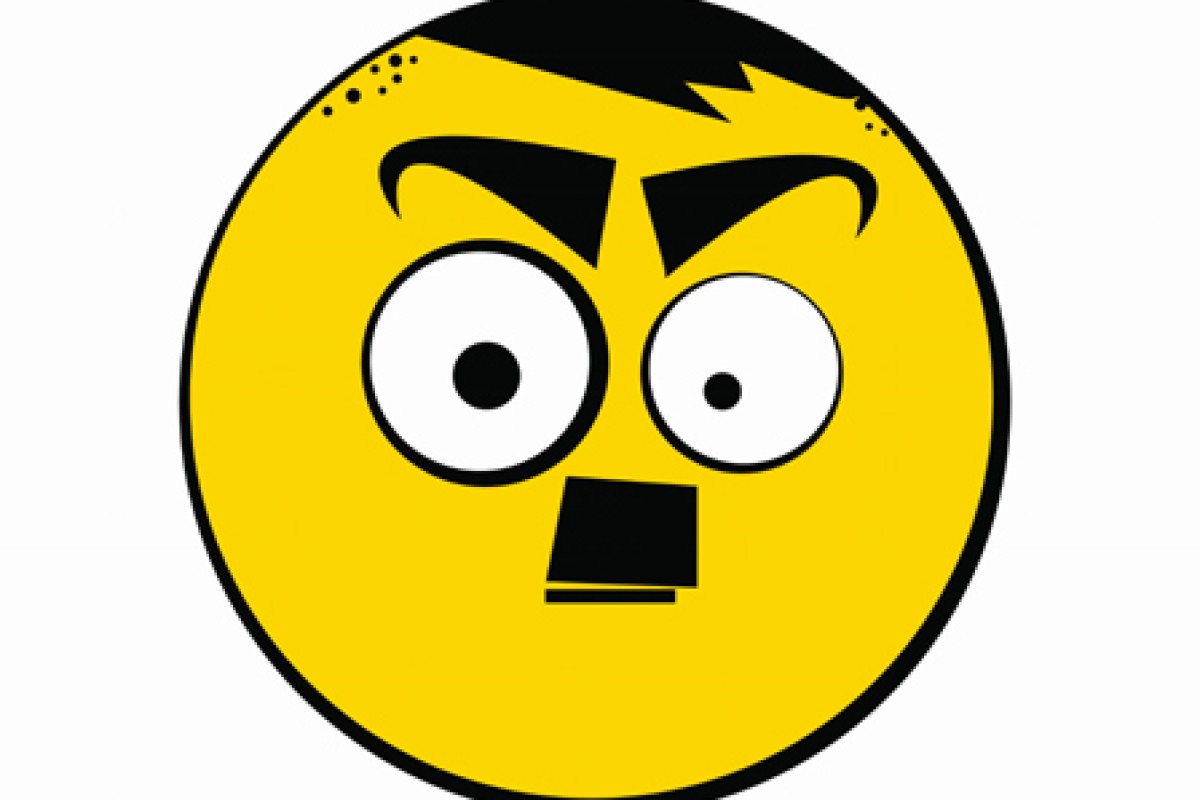
Step 6: Use the skills of a critical thinker
 iii
iiiVerity Aylward
In Mein Kampf, Adolf Hitler said: 'The great masses of the people ... will more easily fall victims to a big lie than to a small one.'
To become an effective independent learner, you need to ask questions about new information you come across. You should consider whether the information is true or not.
Critical thinking skills are valuable not just for learning, but also in understanding yourself and making big decisions. Sometimes they may help you to think creatively and come up with new ideas.
Critical thinking skills
Reasoning
We are thinking critically when we: think carefully rather than simply react to our emotions.
During the Middle Ages in Europe, many people believed the earth was flat. They were frightened to disagree with the Church. Scientists like Copernicus and Galileo had to look beyond the most powerful of human emotions: fear.
By doing so they proved the earth was round and rotated on an axis and orbited around the sun. Thinking 'outside the box' allowed them to come up with new understandings about the universe. Critical thinkers are concerned more with finding the best explanation rather than proving they are always right. They ask questions and weigh up the evidence in order to reach their judgments.
Self-awareness and honesty
We are thinking critically when we: Consider people's motives and acknowledge our own assumptions or point of view.
So why did powerful people in the church during the Middle Ages want people to believe what the priests told them about the universe? Some were motivated by faith, others were motivated by power; they wanted to hold onto it at all costs.
When you hear or read new information, think about your own views and beliefs. Your beliefs are not necessarily wrong, but to think critically, you need to be aware of your own prejudices to understand the bigger picture.
Open-mindedness
We are thinking critically when we: Consider a variety of possible viewpoints or perspectives.
Like scientists, political leaders need to be open-minded. When presented with new information, politicians must acknowledge alternative views if they are going to resolve conflicts. At times though, ego can get in the way: We want to be right at all times; we want to win. Can you think of any examples where this might be the case in the modern world?
Discipline
We are thinking critically when we: Acknowledge other interpretations and resist manipulation of information.
In 2002, Gavin Menzies, an amateur historian, wrote a book - 1421: The Year China Discovered America. He claimed that Zheng He's fleet discovered America about 70 years before Columbus. These claims have been widely rejected by historians. Some say he manipulated evidence to prove a theory he wanted people to believe.
The fact that he sees history differently is not so much the problem. It's the process that he used to reach his conclusions that his critics object to: too many assumptions and not enough proven fact.
Judgment
We are thinking critically when we: Decide which alternative assumptions, perspectives and evidence have merit.
During a court case, the jury needs to make a judgment by listening to the evidence and considering its strengths and weaknesses. Sometimes the evidence is so overwhelming that it's easy to come to a decision.
At other times, there are a lot of 'grey areas' - it's harder to be sure, so judgments may not always be correct. The number of innocent people who were found guilty and were either imprisoned or killed for their 'crimes' has never been firmly established, but there are plenty of them.
True or False
Which of these qualities best describe a critical thinker?
1 Always has to win an argument
2 Looks for evidence to prove they are always right
3 Recognises different interpretations
4 Believes in rumours
5 Understands how language can be used to manipulate information
Answers
1. F 2. F 3. T 4. F 5. F
Verity Aylward has been a secondary school teacher for more than 10 years. She is th author of the book Mind Explosion: Max Out Your Brain for Exam Success. For more information about the author and her book, go to www.mindexplosionbook.com